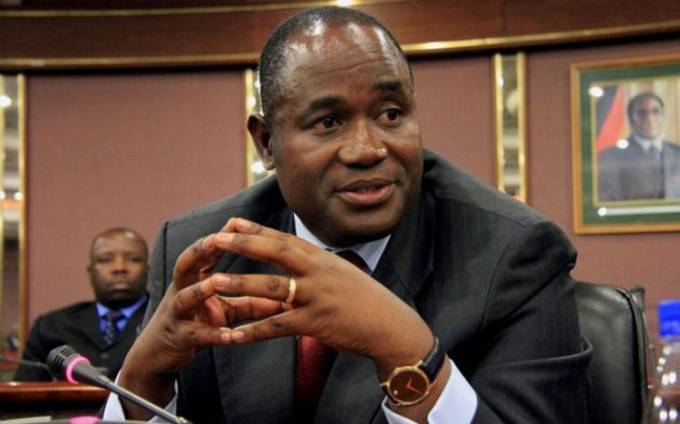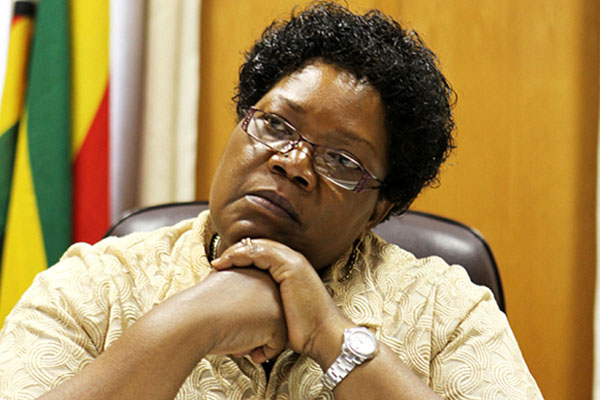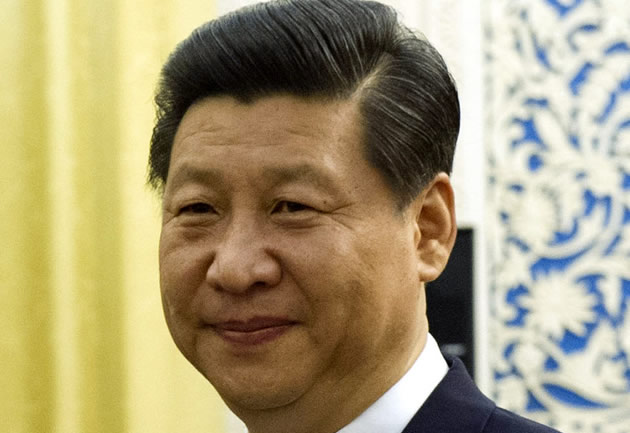‘No room for investor abuse in SEZs’

Business Reporter
NEWLY appointed Special Economic Zones board chairman, Dr Gideon Gono says the zones must signal investor friendly disposition and should aim to attract the finest breed of investors from across the globe, but will not be hideouts for nefarious activities.
The former Reserve Bank Governor, appointed to the helm of SEZ last week, said the authority would target investors from all four corners of the globe who are transparent, committed to good governance and entrepreneurial ingenuity.
Dr Gono said this in an exclusive interview with The Herald Business following his appointment as chairman of the Special Economic Zones Authority and the SEZs board’s inaugural meeting.
Other members of the SEZs board are Standile Ngwenya (lawyer), Marry Chiwenga, (business woman), Mr Ozias Hove; Retired Brigadier General Godfrey Chanakira (Principal director in the Office of the President and Cabinet), Retired Brigadier General Thando Madvamuse Erasmus Gapara, Constance Zhanje, Edwin Zvandasara, Christopher Dube and Busisa Moyo (former CZI president).
Responding to enquiries on how investors in SEZs will be treated with regard to Government’s indigenisation Act, Dr Gono said the Act shall not apply to licensed investors in these zones, however, partnerships and joint ventures would be voluntary.
The law has at times been blamed for scaring away investors due to alleged ambiguity, which prompted President Mugabe to issue a statement clarifying its interpretation.
Dr Gono said the SEZs Government envisioned would not have “any window, tiny as it might be imagined”, for investor-property expropriation or investor abuse, real or imaginary. He said there will be mechanisms to report and guard against that.
“The Government is committed to indigenisation, but not in the SEZs. “There will, however always be room for voluntary, and I emphasise ‘voluntary’, ‘value-based’ joint ventures between foreign investors and locals with resources to contribute to the proposed (investment) project. No investor, except in the extractive industries (where the 51/49 proportions remain) will be enjoined with someone who has no value to add or is expecting freebies,” Dr Gono said.
“The Zones must signal a new investor-friendly disposition geared towards attracting some of the finest breed of investors from all four corners of the globe who are committed to transparency, good governance and entrepreneurial ingenuity and where reward is allowed to blossom and flourish.
“Equally for investors, these zones will not be places for them to hide while perpetrating nefarious activities that seek to bleed this country and people of its resources and wealth, (nor) places for growing all forms and manner of corruption ranging from under-and/ or-over invoicing gimmicks, money laundering, mistreatment and blackmail of workers,” the SEZs board chairman said.
Dr Gono said the SEZs would have clear, fair, transparent and modern global best practice mechanisms for dispute resolution within the shortest period and Zimbabwe would strive to do better than Botswana, where resolution is done within 12 days.
Such provisions in the operational framework of SEZs in Zimbabwe would also see the SEZs board seeking the help of the Ministry of Foreign Affairs to establish SEZs desks at Zimbabwe embassies in selected investment source markets.
For what he termed economic diplomacy, Dr Gono said SEZs ought to be represented and visible. SEZ, he said, where wider in scope than export processing Zones Zimbabwe had.
He also stressed that the failure of EPZs should not stop the need to explore effective and innovative ways to grow the economy. He said SEZs would borrow the lessons learnt from EPZs era and right the wrongs and flaws through pragmatic policies fundamental, among others, to stimulate the economy by way of investment attraction, retention and growth; job creation and retention; sustained export growth, import substitution and positive trade balances.
Dr Gono said SEZs in Zimbabwe were coming against the backdrop of persistent negative performance across all sectors of the economy for a variety of reasons, save for agriculture this year and in other previous good rainy seasons.
The former central bank chief said the SEZs would trigger economic growth and development by stimulating local, foreign and Diaspora investment, promote domestic competitiveness, as well as facilitate both import substitution and export-led growth driven by, among others, high-technology initiatives.
He noted that the SEZs policy initiative was a broad based and well thought out Government economic development (revival and revitalisation) strategy under Zim-Asset, and specifically point 10 under the President’s Ten Point Plan, which speaks to the need for creation and implementation of Special Economic Zones.
Pulling together as a nation, Dr Gono said there was no reason why Zimbabwe could not move from the so called third or bottom ladder among emerging economies to a first world, developed economy in under 20 years. Singapore did it 30 years.
The special economic zones will provide a range of incentives not available in the rest of the economy, which include exemption from corporate income tax for the first 5 years of operation and thereafter, a corporate tax rate of 15 percent will be applied.
There will be special initial allowance on capital equipment to be allowed at the rate of 50 percent of cost from first year and 25 percent in the subsequent two years. Dr Gono also said that capital equipment for SEZs will be imported duty-free.
Inputs, including raw materials and intermediary products imported for use by SEZ located companies will be exempted from import duty save for raw materials produced locally.
Employee tax is limited to a flat 15 percent for specialist expatriate staff. Further, non-residents exemptions would also be granted in respect of tax on royalties and dividends.
Dr Gono said that the visits to other countries by the President, his deputies, ministers and officials to SEZs in such countries as China, Russia, India, Japan, Malaysia, Singapore, Ethiopia, Tanzania, Nigeria, Kenya, Ghana among many others, have firmed the Zimbabwean Government`s resolve to implement the SEZs.










Comments